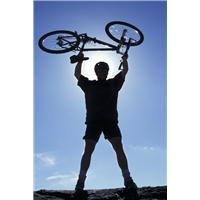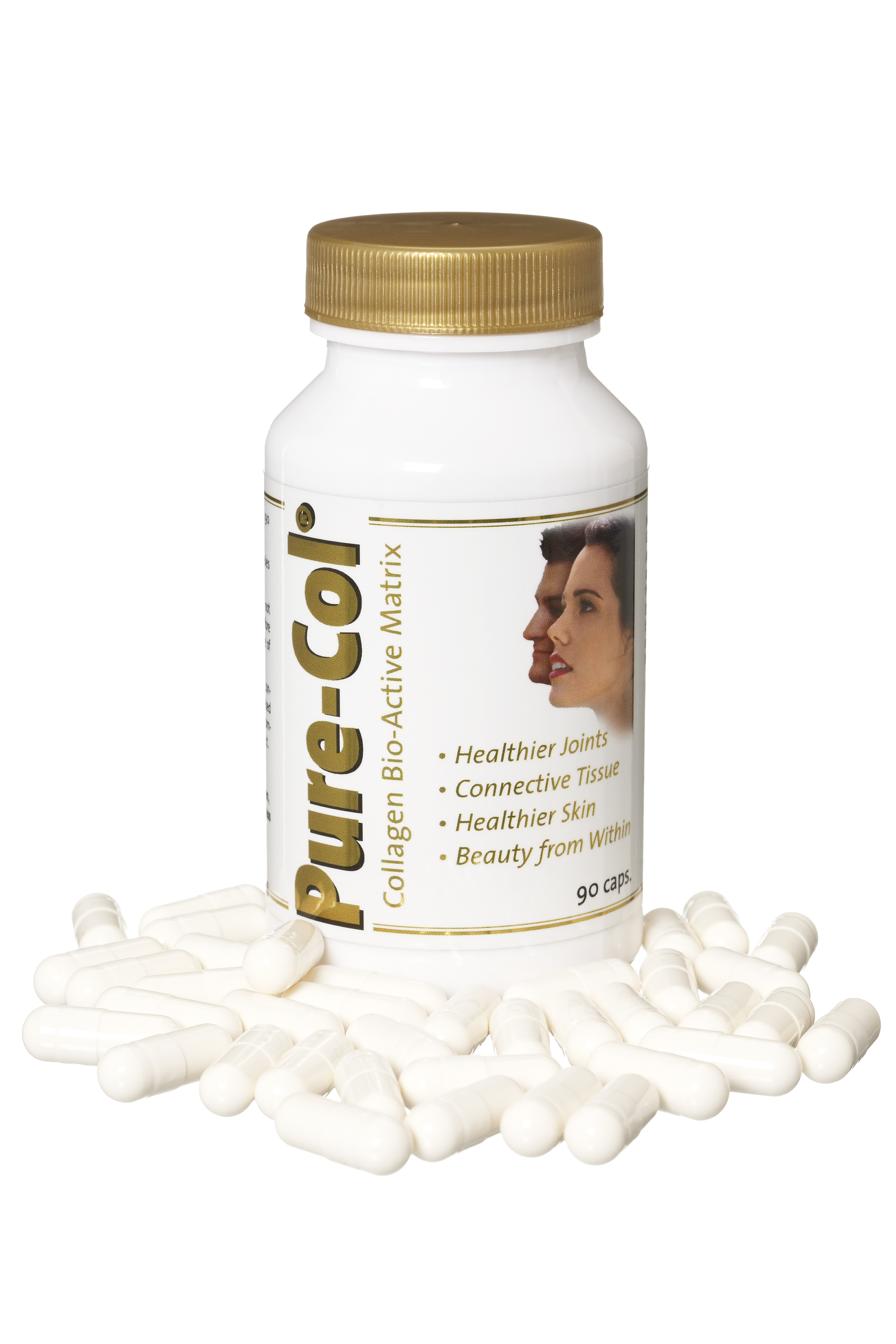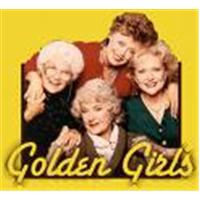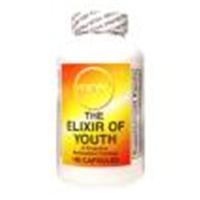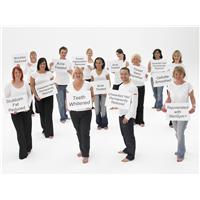
Former Virgin Atlantic stewardess Katy pictured ten years ago when her skin problems started.
In her first blog for Elixir – Treat the Skin You’re In – Katy Hall reveals why she has a passion for helping people solve their skin concerns.
Hello and welcome. I’m Katy Hull and anti-aging is my passion! I get so much satisfaction and joy from helping people with their skin concerns, studying skin health, nutrition, skincare ingredients, supplements and basically anything that contributes to us feeling and looking like the best version of ourselves!
However, it wasn’t always this way. Rewind several years and I was far from a skin angel. I was a long haul Air Stewardess for Virgin Atlantic, travelling the globe. I had a great deal of fun and experiences I will treasure forever, but the lifestyle I led took its toll on my skin. In truth, it probably wasn’t just the lifestyle because had I been more educated beyond ‘cleansing and moisturising’ then my skin may not have ended up in the awful state it did.
A love of sunbathing – with not enough regard to a high SPF cream, and a love of partying, combined with night flights, a lack of sleep, dehydration from flying and an erratic diet did not make for skin that glowed like a goddess. My skin was prematurely ageing and it seemed to happen overnight! If you saw pictures of me from that time it probably wouldn’t even be apparent.
The worst damage was lurking deep down in the skin, not visible to the naked eye and unbeknown to me at the time. It’s pretty amazing what makeup can do…. although it can’t hide lines and wrinkles. My uneven and dull skin tone was well covered and makeup with a glow gave me a false radiance. Barefaced, I was starting to lack confidence in myself and was beginning to realise the error of my ways.
It was a UV skin scan that revealed the extent of the damage. It wasn’t pretty and a very hard pill to swallow. Sent away from the clinic with around £400 of products and some big promises – that didn’t deliver. My journey of discovery with regards to skin health began. After jumping from skincare brand to brand (never satisfied with results). I eventually found my skincare holy grail that I’m fiercely loyal to – it changed my life and transformed my skin!

I got educated on skin health – I gained a level 4 qualification in Advanced Skin Science. I studied skincare ingredients and all of the things that make up a part of the jigsaw that is skin health – It’s more complex than simply using an amazing serum! My education is a continuous journey that I’m dedicated to, so that I can help more people with their skin. Eventually I set up my online business treattheskinyourein.com. If you’d like to read my more detailed story of why I set up my business, you can read about it here.
My philosophy is very simple – ‘Treat the skin you’re in’.It’s about being kind to yourself. Listening to your body and your skin, and respecting it. Our skin is a living organ that deserves to be treated with care and respect, and if you treat it that way you’ll have your goddess glow!
With regards to the skincare products I love and believe in. They’re clean (no chemical nasties) and packed with very effective active ingredients that really pack a punch in rejuvenating the skin. Combined with some simple beauty rules that I apply to my own life – they help to support the products in working to their optimum. I believe skin can be improved, transformed and be healthy and more youthful looking. Who doesn’t want that?
My aim with this blog going forward is to share whatever knowledge, experiences and tips that I think will be beneficial to you in some way. It might be a supplement that I’m feeling the benefit of. It might be a skincare ingredient I absolutely love! Or a smoothie recipe that is total skin food…. I will only ever share information about products that I use myself and absolutely love and believe in! That way you know you’re getting a genuine experience and opinion.
So on that note I’ll say goodbye and I’ll be back soon with some anti-aging tips!


![KarinHerzog gel [320x200].jpg](https://www.elixirnews.com/KarinHerzog%20gel%20%5B320x200%5D.jpg)
![Boots serum [320x200].jpg](https://www.elixirnews.com/Boots%20serum%20%5B320x200%5D.jpg) Great for mature skin that needs perking up – and for optimum effect use for six months. A light creamy, silky serum that sinks into the skin, it softens and freshens right from day one. A brand your can trust to do what it says. Rating 8/10. £19.75 30ml
Great for mature skin that needs perking up – and for optimum effect use for six months. A light creamy, silky serum that sinks into the skin, it softens and freshens right from day one. A brand your can trust to do what it says. Rating 8/10. £19.75 30ml








